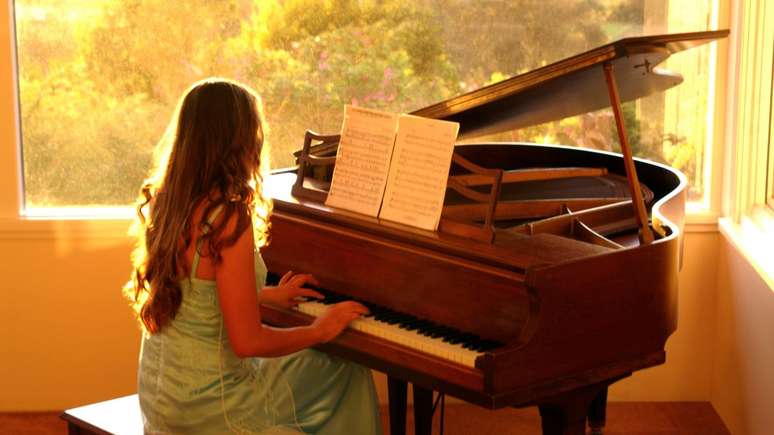Research shows that musicians not only train cognitive and motor skills, but also develop greater resilience in the face of pain
The learning of music has always been associated with benefits that go beyond harmony and technique. Research has already shown that playing a tool strengthens memory, language, motor skills and even helps to keep the brain younger. Now a new investigation suggests something even more surprising: musical practice can influence the way we face pain.
Music and pain: an unexpected connection
It is not a secret that pain is a protection mechanism. When we touch something hot, for example, the brain sends immediate signals to remove the hand, avoiding greater damage. But if the pain extends, this same system may turn against us, weakening mobility, changing the body map into the brain and even intensifying the discomfort.
What intrigues scientists is that some people seem to face pain better than others. The hypothesis raised was: could he musical training, known to remodel the brain, also act in this resilience?
To answer the question, the researchers compared 40 volunteers, including musicians. They induced temporary pain in the hands through a substance called a nervous growth factor, but able to cause muscle sensitivity for a few days. Then they mapped brain activity using magnetic stimulation. The idea was to observe how the brain would have reacted to pain and if there were differences between those who trained music throughout their lives and who did not have this experience.
Hit
Even before the pain, the musicians’ brain already had more detailed and refined motor maps. And more hours of practice have accumulated, the more refined these maps have shown themselves. After the pain was induced, the difference was even more evident: the musicians reported less discomfort and, unlike the non -musicians – whose brain maps shrink after only two days of pain – theirs remained stable. In other words, music practice seemed to offer protection against the usual negative effects of pain.
What does it mean?
Although it is a small study, the results indicate that years of music practice can make the brain more resilient. This does not mean that music is a cure for chronic pain, but opens the way to new therapies that “train” the brain of people suffering from persistent discomfort.
The team already provides for new research to understand if musical training also protects from changes in attention and cognition in prolonged pain. For scientists, this is the most promising part: the possibility that a daily practice – but sounds slowly, guitar or violin – not only develops an artistic ability, but literally reprogram the brain and transform the way we perceive the world.
Source: Terra
Ben Stock is a lifestyle journalist and author at Gossipify. He writes about topics such as health, wellness, travel, food and home decor. He provides practical advice and inspiration to improve well-being, keeps readers up to date with latest lifestyle news and trends, known for his engaging writing style, in-depth analysis and unique perspectives.









